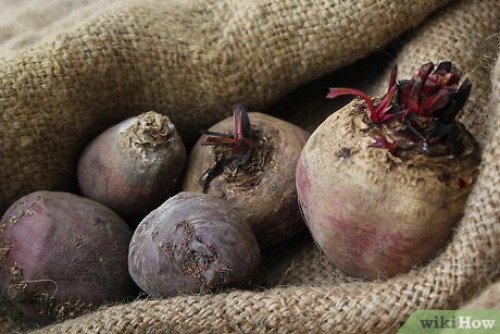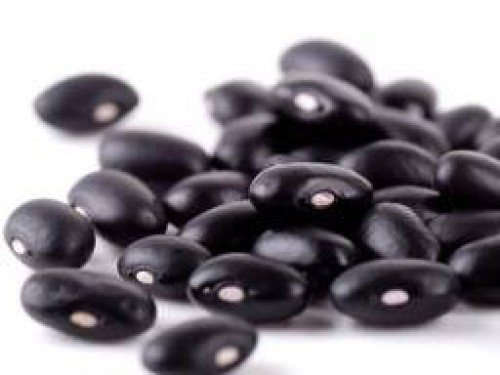Greetings, fellow explorers of culinary delight and nutritional wonders! Join me on an exhilarating journey into the vibrant world of dragon fruit – an exotic jewel among fruits. In this blog, we unravel its rich history, cultural significance, versatile culinary uses, and unparalleled health benefits. As your guide, I extend a warm welcome to all, and a special nod to my friend, the mixologist extraordinaire Hem. Hem, your passion for dragon fruit cocktails has ignited my curiosity, and together, we'll dive into the heart of this captivating pitaya.
From its ancient origins to its contemporary allure, we'll navigate its intricacies with expertise and the joy of discovery. So, whether you're a culinary enthusiast seeking new flavors or a health-conscious seeker of nature's gifts, buckle up as we delve into the captivating universe of dragon fruit. This blog serves as your compass, and I, your fellow enthusiast, am here to lead you through the fascinating layers and revelations of this exceptional fruit. Prepare for an enchanting expedition that seamlessly blends knowledge, approachability, and the thrill of uncovering the extraordinary.
The dragon fruit's history is as intriguing as its appearance. Originating in Central America, this pitaya fruit carries an aura of mystery and symbolism. With its scaly exterior resembling mythical creatures, the fruit earned its name and reputation. Over time, it spread across continents, absorbing diverse cultural influences and becoming a symbol of resilience and adaptability.
In the Swahili language, the dragon fruit is known as "matunda ya joka," underscoring its mythical allure. This African connection adds a layer of global significance to the fruit, bridging cultures and reminding us of its universal appeal.
From awe-inspired salads to innovative smoothie bowls, the dragon fruit's versatility in the culinary world is unmatched. This fruit's slightly sweet, neutral taste provides an excellent canvas for culinary experimentation. Incorporating it into both sweet and savory dishes, chefs and home cooks alike can craft visually stunning and delectable creations that cater to diverse palates.
Throughout history, diverse cultures have embraced the dragon fruit, integrating it into their culinary traditions. In Asian cultures, the fruit often takes center stage in festive dishes, symbolizing prosperity and good fortune due to its vibrant color and auspicious name. In Latin American cuisines, it is a refreshing delicacy enjoyed in various forms. This harmonious convergence of cultures and cuisines highlights the fruit's ability to bridge gaps and bring people together through shared flavors and experiences.
In the heart of Africa, dragon fruit, "Matunda ya Joka" in Swahili, has gracefully adapted itself into the vibrant tapestry of regional cuisines. Its unique and striking appearance, often likened to a dragon's scales, adds a visually captivating touch to dishes. Across the continent, from the sun-soaked markets of North Africa to the lush landscapes of East Africa, dragon fruit has found its place in both traditional and modern recipes. In North African cuisine, it's used to add a refreshing contrast to savory tagines, while in West Africa, it lends its delicate sweetness to tropical fruit salads and refreshing beverages.
Notably, in the cocktail culture of East Africa, my friend Hem, the ingenious mixologist, has harnessed the fruit's exquisite flavors to craft sensational concoctions that awaken the senses and delight the palate. The adaptability of this fruit is a testament to its versatility, making it an exciting ingredient for African chefs, home cooks, and innovative mixologists like Hem. Whether enjoyed in a colorful fruit platter, a twist on traditional dishes, or as the centerpiece of a captivating cocktail, dragon fruit's presence in African culinary traditions adds a touch of exotic allure and delectable flavor to the continent's rich gastronomic heritage.
Beyond its enticing flavor profile, the dragon fruit packs a powerful nutritional punch. Rich in vital vitamins, minerals, and antioxidants, it fortifies the immune system, promotes radiant skin, and supports digestion. Its fiber content fosters gut health, while its low-calorie content appeals to the health-conscious. The vibrant hues of the dragon fruit hint at its antioxidant content, which combats oxidative stress and contributes to overall wellness.
The dragon fruit's journey through time and culture solidifies its place as an exotic gem. Whether cherished for its historical significance or embraced for its culinary and health benefits, this pitaya fruit continues to captivate hearts worldwide. With each succulent bite, we savor not only its deliciousness but also the narratives of resilience and cross-cultural connection it embodies. Embrace the allure of the dragon fruit and let it awaken your senses to the wonders of nature's bounty.




Add your reply
Replies